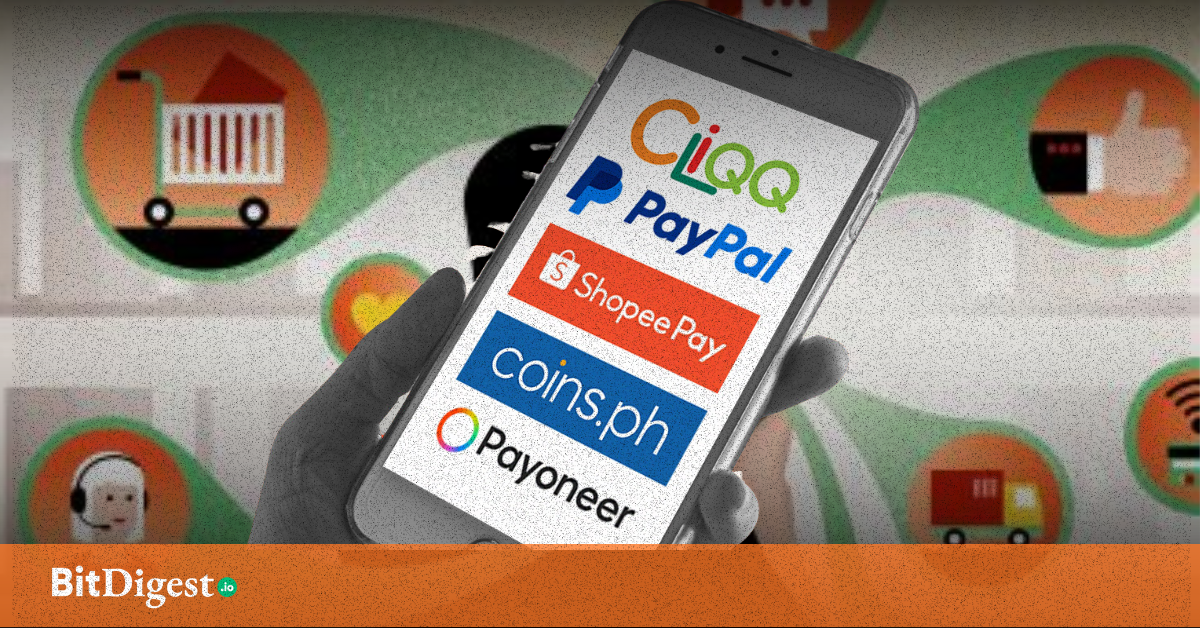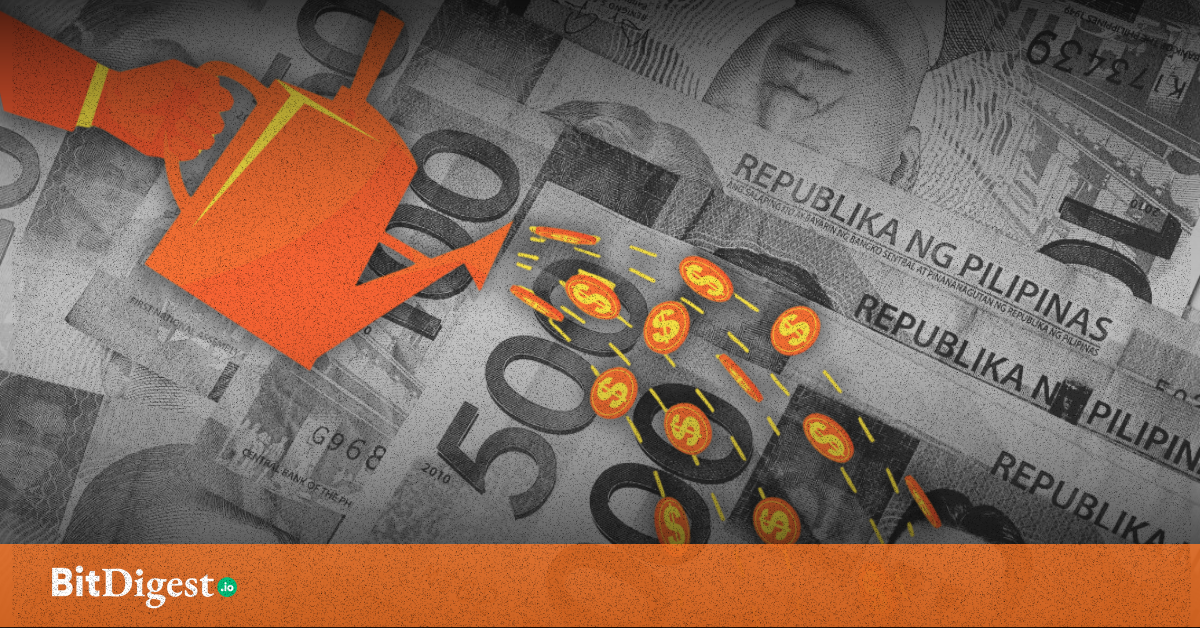PhilHealth Controversies: Is Blockchain the Solution?
Whistleblowers. Emotionally-charged senate investigations. Bankruptcy fears. Healthcare “mafias” pulling off the “crime of the year.” In recent years, PhilHealth has been tangled in controversies that sound straight out of a teleserye crime thriller — from billions of funds mysteriously disappearing into thin air to reports of massively overpriced equipment, kidney treatments for ghost patients, fake COVID cases, surgeries without informed consent, and so on. As the COVID-19 pandemic swept through the country, allegations of rampant corruption, mismanagement, fund misallocation, and favoritism shattered many Filipinos’ trust in the agency.
Fast forward a few years. The COVID-19 crisis has passed, and the Philippine economy is on its way to recovery. Healthcare facilities are mostly back to normal and PhilHealth has already settled at least 46.5 billion pesos of over 100 billion pesos worth of unpaid claims to private and public hospitals and doctors. Yet while the immediate health crisis may be over, PhilHealth is still not off the hook. Just last year, it suffered yet another crisis — this time in the form of a massive security breach compromising sensitive personal data.
Healthcare’s Persistent Data Breach Problem
On September 25, 2023, the National Privacy Commission received reports of a ransomware attack that temporarily shut down PhilHealth’s system. PhilHealth admitted that names, addresses, birthdates, phone numbers, and identification numbers of around 13 to 20 million members had been compromised during the breach. Officials advised affected individuals to change passwords, monitor credit reports for unauthorized activity, and be vigilant of phishing via emails and SMS.
Unfortunately, this kind of scenario is becoming more common than ever in the healthcare industry. In fact, cases involving hacked databases are surging exponentially every year.
In 2023 alone, the U.S. Office for Civil Rights reported a record high of 725 separate healthcare-related data breaches affecting over 500 individuals each. Over 133 million records were exposed, stolen, or disclosed, with the largest breach involving over 11 million individuals. Stolen data included names, contact information, and sensitive health details which hackers could sell to identity thieves and credit card fraudsters.


Besides vulnerability to cyberattacks on their databases, another issue healthcare and insurance providers grapple with is failure to give patients timely access to their own medical data. Last year, top healthcare provider UnitedHealthcare Insurance Company had to pay $80,000 in settlement for repeatedly failing to respond to a patient’s request for a copy of their medical records. And locally, just how many cases have we heard of travel or back-to-work delays due to missing or inaccessible vaccine certificates?
At this rate, we can expect inefficiency and lack of accountability to continue to plague the healthcare industry in the years to come. Clearly, the only way to change that is to introduce a more trustworthy, tamper-proof, and efficient database system.
Enter blockchain technology, which promises transparency, accountability, and security. Could it be the solution the health industry direly needs?

How the Blockchain Can Revolutionize Healthcare
The blockchain is essentially an encrypted digital ledger that records transactions across a decentralized network of computers. Data is nearly impossible to alter after it’s been recorded on the blockchain, so if every transaction, disbursement, and contribution had to be logged in a blockchain system, we would have a transparent record of where funds are going, who's getting paid, and for what services.
Overpriced IT equipment and imaginary patients could be traced back to the source. Patient and drug information could be retrieved, counter-checked, and verified in seconds. Filing insurance claims and receiving payouts could become smoother and faster while reducing fraud. Secure encryption and cryptographic techniques would reduce the risk of non-authorized access to data. Overall, it would be much harder for funds and important records to mysteriously vanish into thin air.
The best part? We’d be able to eliminate cases of incorrect diagnoses and treatments due to lack of access to a patient’s medical history. During emergency situations, first-aid responders and medical staff wouldn’t be left second-guessing whether or not a drug or procedure would do more harm than good.
The good news is that some companies have already integrated blockchain technology with their existing systems. Here are several examples:
- Medicalchain gives patients more control of their medical data, allowing them to share or revoke access to their comprehensive health record by setting up secure and time-limited gateways.
- Avaneer Health delivers accurate insurance coverage information, supports insurance claim processing, and offers secure healthcare data exchange in real time by directly connecting payers and insurance providers through a private network.
- ProCredEx makes the process of verifying and sharing professional credentials faster and more efficient. It automatically confirms compliance with industry standards through network-wide auditing and reporting.
Of course, revamping the current healthcare situation with the blockchain isn't an overnight fix. It requires a comprehensive overhaul of systems, a shift in organizational culture, and, crucially, a commitment from all levels of government. But though the blockchain isn't a magic cure-all, it’s a step towards a future where healthcare funding is transparent, efficient, and capable of serving the people it's meant to.
.svg)


.svg) SHARE TO FACEBOOK
SHARE TO FACEBOOK SHARE TO TWITTER/X
SHARE TO TWITTER/X SHARE TO LINKEDIN
SHARE TO LINKEDIN SEND TO MAIL
SEND TO MAIL




.svg)


.svg)